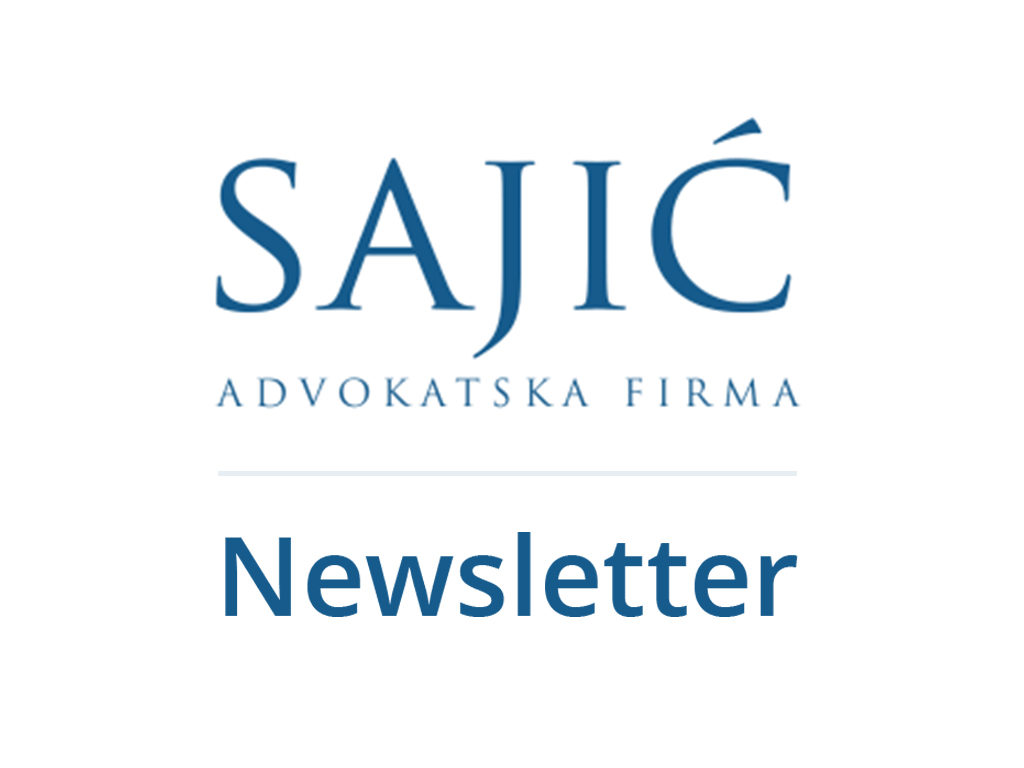Conventional, or as it is often called “Western” medicine, adopts a unique approach to the patient i.e. a predetermined therapy for a specific disease. In other words, within the conventional methods of diagnosis and treatment, the concepts of disease and therapy are considered almost objective categories, on which the subjective characteristics of the patient have no considerable influence. However, the latest medical research points to the shortcomings of the usual “one size fits all” approach, which ignores the specific characteristics of each patient. For this reason, an alternative medical approach called personalized medicine has been developed. This approach uses the patient’s unique genetic profile to provide him/her with the most effective medical care and assistance, both in the field of diagnosis and treatment, but also prevention, while respecting the individual, genetically determined characteristics of his/her organism.
The implementation of this innovative medical method introduces not only medical but also legal challenges. Bearing in mind that it is still an innovation, the question arises whether this method could be considered permissible at all? Given that personalized medicine is still not a familiar method in medical practice, our Health Care Act considers it a new health technology, for the implementation of which it would be necessary to obtain the consent of the relevant ministry. Only if the Commission of the Ministry of Health and Social Protection issues a favourable opinion on the assessment of this health technology and the Minister provides his consent for the use of personalized medicine methods as a new health technology, personalized medicine could be applied in medical practice.
However, when it comes to personalized medicine, the legal challenges do not stop after its implementation. First of all, personalized medicine operates with data on the genetic code of patients that fall under a specific category of personal data, the collection of which requires the express consent of the person whose data is being processed, and their automatic processing is prohibited. This is because in the case of personalized medicine, the data being processed refers not only to the patient’s health condition, but also to his/her identity and origin. Given the importance of this data, countries where personalized medicine is accepted as a healthcare method apply additional measures to ensure the protection of collected data and protect the identity of patients. The mentioned measures include providing access to genetic data bases with double codes/passwords, additional protection when sending genetic data in encrypted files, limiting access to facilities where information and genetic material are stored through biometric control systems (facial or fingerprint recognition).
In addition, as another legal challenge, there is an issue from the sphere of intellectual property rights, i.e. the issue of patentability of new treatment methods that are being developed within the framework of personalized medicine. In the judicial practice of countries where personalized medicine has been already present, the dominant perception is that the methods of personalized medicine are not patentable. In the practice of the courts of the United States of America, the dominant perception is that medical methods based on genetic methods and analyses are not patentable for the reason that they fall under the description of the laws of nature. For example, in one of the cases, the Supreme Court took the view that the method of optimizing the dose of therapy in relation to the patient’s genetic profile falls under the description of the laws of nature, i.e. a description of the way in which the human body metabolizes a certain drug.
On the other hand, in Bosnia and Herzegovina the situation depends to a much lesser extent on the interpretation of the courts. This is because the BiH Patent Law, in Article 7, lists among the exceptions from patentability all inventions related to diagnostic or surgical procedures or treatment procedures applied directly to the human or animal body. In other words, according to the relevant legal regulations of our country, medical methods are not eligible for patenting. Bearing in mind that the patent allows its holder the exclusive right to material exploitation, it can be concluded that the legal solution described above certainly does not favour innovations in the field of medical methods because it does not provide adequate protection of the inventor’s economic interests. However, it is extremely significant to bear in mind that the patentability of medical methods could limit the possibility of their application, which could have an adverse effect on people’s health, so it is not surprising that the decision of our legislator, who in this case gave priority to the social interest over the interests of the inventor, is not surprising.
Author: Jelena Milinković
E-mail: [email protected]

